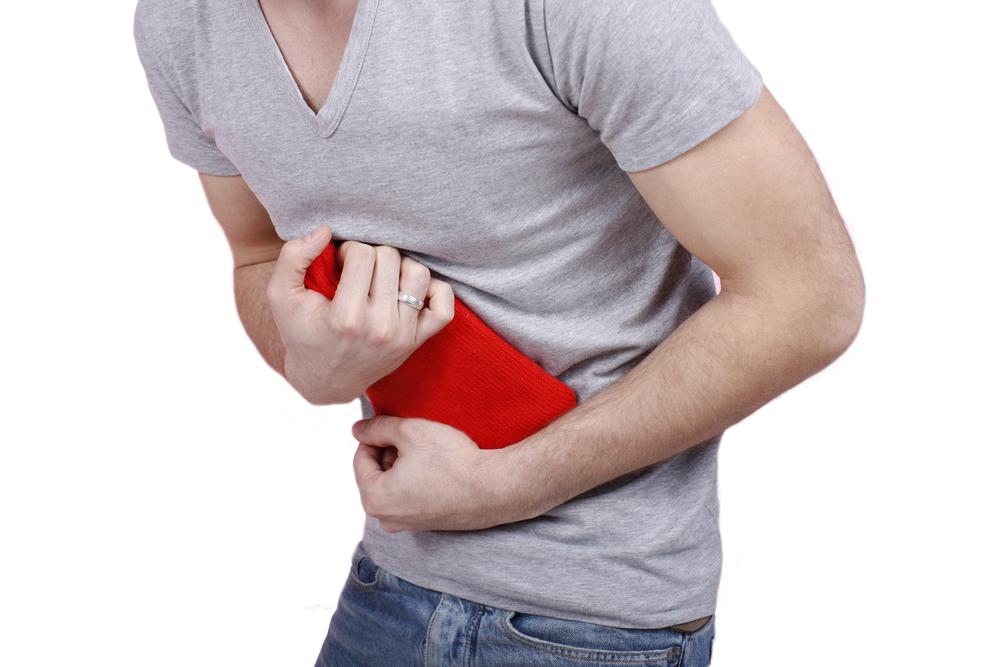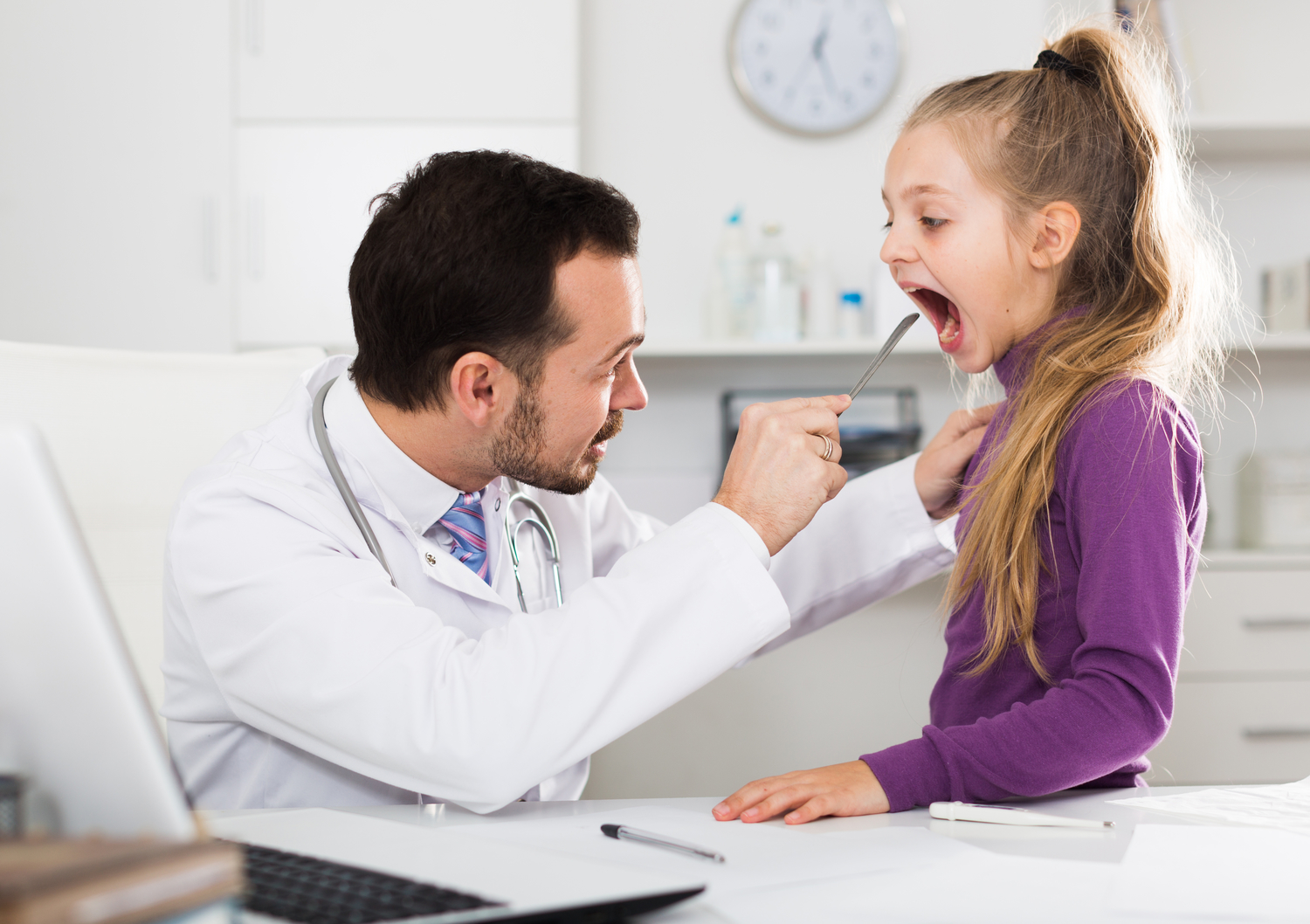Essential Information About Managing Diarrhea
Learn essential facts about diarrhea, including causes, symptoms, and effective treatments for both children and adults. This guide emphasizes prevention, recognizing warning signs, and proper rehydration strategies to manage and reduce the risk of severe complications. Expert tips on diet and medication are highlighted to promote quick recovery and health safety.

Critical Insights on Understanding and Handling Diarrhea
Addressing diarrhea promptly through proper diagnosis and treatment is vital to prevent it from escalating into a serious health threat. Symptoms can range from mild stomach discomfort and dehydration to severe intestinal bleeding causing intense abdominal pain. Notably, nearly 90% of diarrhea cases in the country affect children.
Common causes include viruses, bacteria, and parasites. Symptoms such as frequent loose stools can be confusing, especially for breastfeeding mothers. With adequate nutrition and preventive practices for food, water, and travel, diarrhea can often be controlled. Children can receive vaccines, while adults should focus on preventive measures.
Factors Leading to Diarrhea
Contamination of food and water, poor sanitation, and exposure to viruses like rotavirus and norovirus, bacteria, or parasites are primary causes. Certain medications such as antibiotics, antacids, and cancer treatments can also induce diarrhea. Digestive system surgeries, food intolerances (like lactose or fructose), excessive alcohol consumption, radiation therapy, and health conditions such as hyperthyroidism or diabetes further increase risk. Malabsorption or constipation after digestive surgeries can also be contributors.
Recognizing the Symptoms of Diarrhea
Signs include intense abdominal pain, urgency to defecate, persistent loose stools, dehydration lasting over two days, high fever, and stool abnormalities like blood or black coloration. Common symptoms encompass:
Abdominal cramping
Unusual thirst
Reduced urination and dark-colored urine
Abdominal bloating
Fever with chills
Weight loss
Vomiting and dehydration
Chronic diarrhea from malabsorption
Nausea, fatigue, confusion, irritability, rapid heartbeat (more common in adults)
Since dehydration and stomach upset share symptoms, seeking medical advice is crucial if symptoms persist. Children with bloody stools, mucus, fever over 102°F, or dehydration for over 24 hours require immediate medical attention. Adults experiencing similar symptoms for over 48 hours should see a healthcare provider.
Diarrhea Treatment Strategies
Adults should focus on rehydration by drinking water and electrolyte-rich, low-sugar drinks, avoiding dairy and caffeinated or fatty foods. Following the BRAT diet—bananas, rice, applesauce, toast—without spicy foods or alcohol can aid recovery. Sucking ice chips may help reduce nausea. During recovery, avoid strenuous activity to prevent dehydration. Additional preventive tips include:
Antibiotics are ineffective against viral diarrhea but can shorten bacterial or parasitic cases. They're especially useful for traveler’s diarrhea.
If medications trigger diarrhea, consult a doctor for alternatives.
Consume fluids and foods high in fiber, potassium, and iodine such as potatoes, bananas, fruit juices, broth-based soups, and oats.
Avoid lactose, fructose, caffeine, sugar-free candies, and gums.
Probiotics can be beneficial when antibiotics cause diarrhea.










